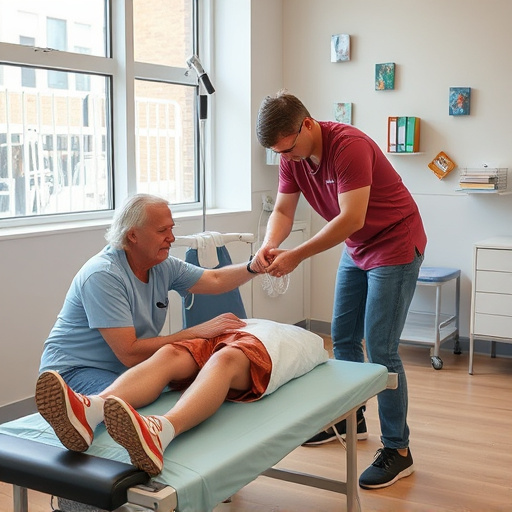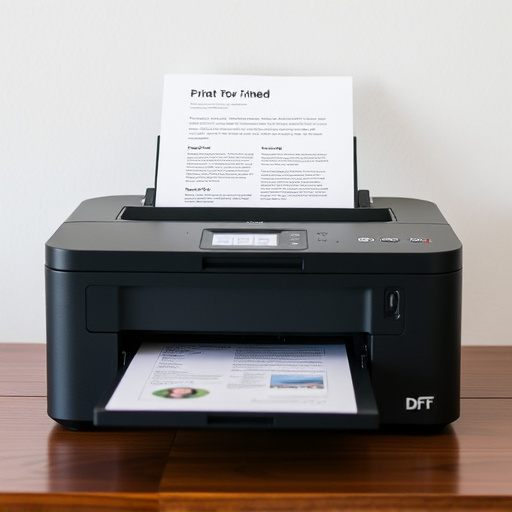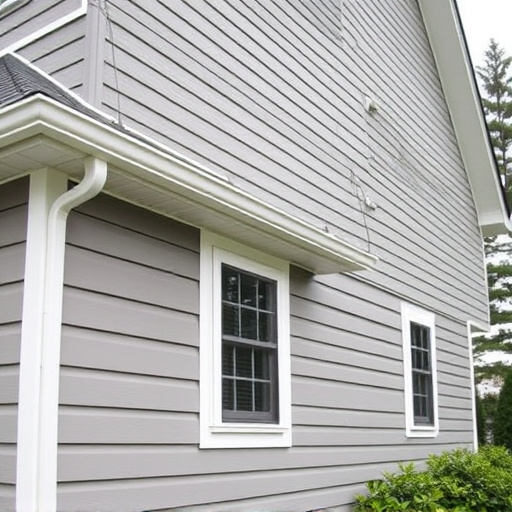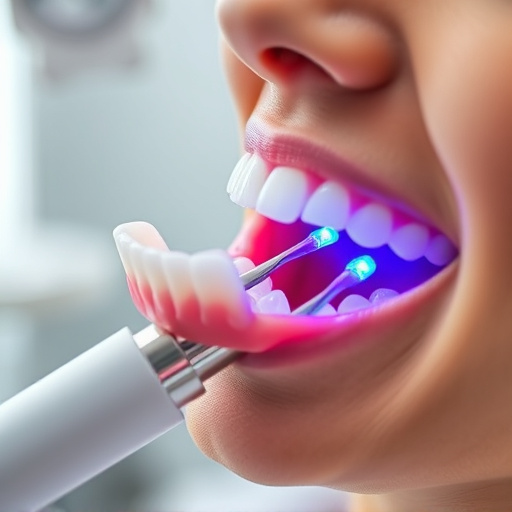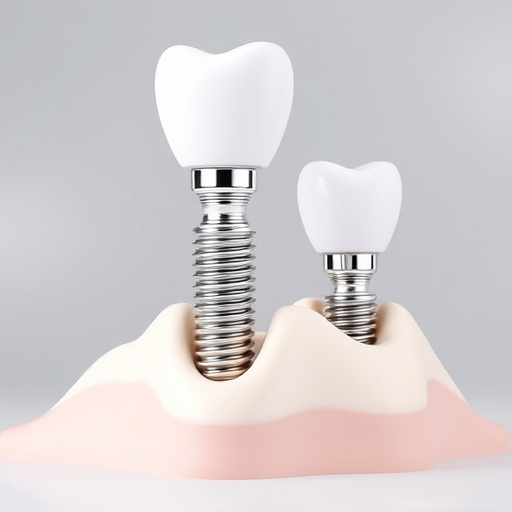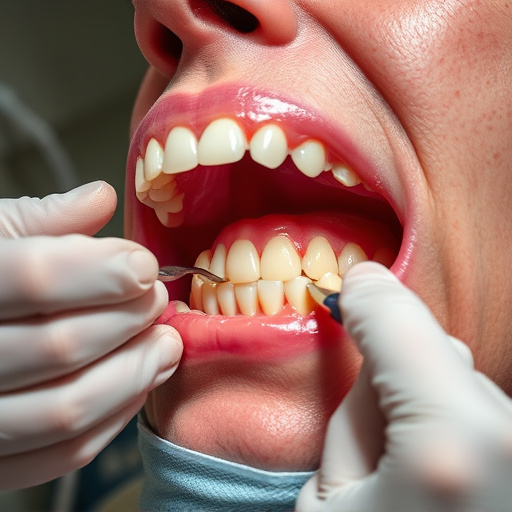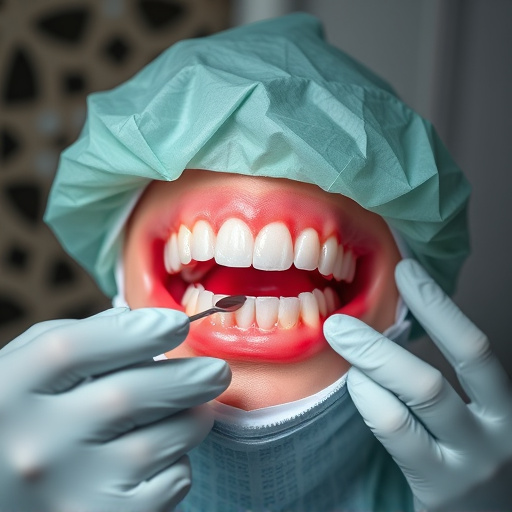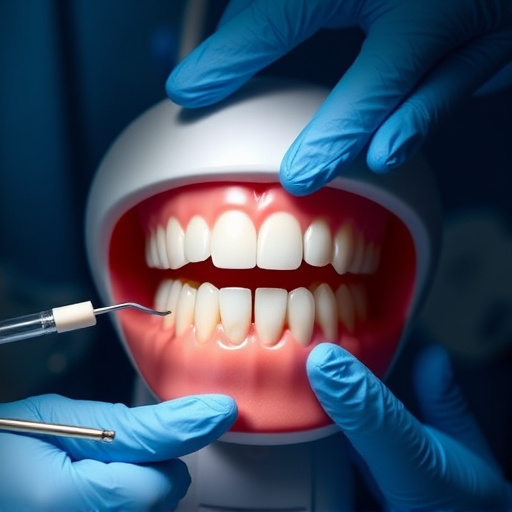Sleep apnea, a sleep disorder causing breathing interruptions, leads to poor oxygen intake and disrupted sleep cycles. Symptoms include snoring, awakenings, and daytime fatigue, impacting concentration and memory. Untreated sleep apnea poses health risks. Consulting a healthcare provider offers tailored treatments like dental work, clear aligners, CPAP masks, lifestyle changes, and behavioral therapies to alleviate symptoms and improve sleep quality.
Sleep apnea is a common yet serious sleep disorder that can significantly impact your health. If you’re experiencing persistent fatigue, loud snoring, or pauses in breathing during sleep, it might be time to seek professional help. This article guides you through understanding sleep apnea, recognizing when self-care isn’t enough, and exploring effective treatment options available for improved sleep quality and overall well-being. Discover the best approaches to tackle sleep apnea and reclaim restful nights.
- Understanding Sleep Apnea: Signs and Symptoms
- When Self-Care Isn't Enough: Seeking Professional Help
- Effective Treatment Options for Better Sleep
Understanding Sleep Apnea: Signs and Symptoms

Sleep apnea is a common yet serious sleep disorder that can significantly impact an individual’s quality of life. Understanding its signs and symptoms is crucial in identifying when professional help for sleep apnea treatment is necessary. The condition is characterized by repeated pauses in breathing during sleep, leading to reduced oxygen levels and disrupted sleep cycles. Those affected may experience loud snoring, frequent awakenings, and daytime fatigue, often unaware of the issue due to the disorder’s nature.
Recognizing these symptoms is essential as untreated sleep apnea can lead to various health complications. Signs such as excessive day time sleepiness, difficulty concentrating, irritability, and even memory loss are indicators that should prompt individuals to consider seeking professional advice for appropriate sleep apnea treatment options. These may include dental interventions like dental cleanings or the use of devices, or more advanced solutions such as clear aligners or even surgical procedures, tailored to address the specific needs of each patient.
When Self-Care Isn't Enough: Seeking Professional Help

Many people struggling with sleep apnea try to manage their condition through self-care measures like maintaining a healthy weight, avoiding stimulants before bed, and adopting better sleep hygiene habits. While these strategies can be helpful, they may not provide the level of relief needed. If you’ve tried these approaches for some time without significant improvement, it’s time to consider professional help.
Consulting a healthcare provider or a specialist in sleep medicine is crucial for obtaining an accurate diagnosis and effective sleep apnea treatment. They may recommend advanced options like dental implants or clear aligners, which can be part of a comprehensive approach to preventative dentistry. This could include lifestyle changes, behavioral therapies, and in some cases, continuous positive airway pressure (CPAP) machines. Professional guidance ensures you receive personalized care tailored to your specific needs, ultimately improving your quality of sleep and overall well-being.
Effective Treatment Options for Better Sleep

Effective treatment options for better sleep are readily available when dealing with sleep apnea. One common and successful approach involves wearing a sleep apnea treatment mask during sleep, which can prevent the blocking of airways and facilitate uninterrupted breathing. These masks come in various styles to suit individual needs, ensuring comfort while significantly improving sleep quality.
Beyond mask therapy, other sleep apnea treatment options include dental interventions like tooth extractions or tooth repair to open up airway passages, and cosmetic fillings can also play a role in addressing structural issues contributing to the condition. For many, combining these treatments offers a holistic approach to managing sleep apnea effectively, allowing for deeper, more restorative sleep.
If self-care strategies prove ineffective in managing sleep apnea symptoms, it’s crucial to consult a healthcare professional. They can provide guidance on available treatment options, including continuous positive airway pressure (CPAP) therapy, oral appliances, or surgical interventions, tailored to your specific needs. Timely intervention and the right treatment plan can significantly improve sleep quality, overall health, and daily well-being. Effective sleep apnea treatment is within reach, ensuring you can breathe easier and enjoy restful nights.

